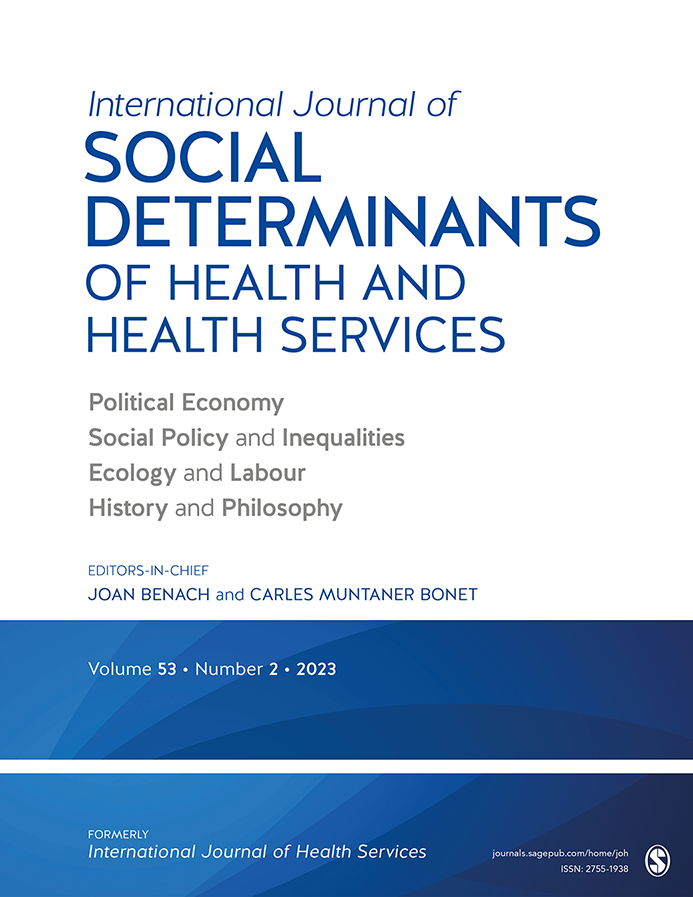The Effects of Health Sector Fiscal Decentralisation on Availability, Accessibility, and Utilisation of Healthcare Services: A Panel Data Analysis
authors: Arianna Rotulo, Christina Paraskevopoulou, Elias Kondilis
Abstract
Background
Fiscal decentralisation (FD) is a widely implemented decentralisation policy consisting of the allocation of pooling and spending responsibilities from the central government to lower levels of governance within a country. In 2001, The Italian National Health System (Servizio Sanitario Nazionale, SSN) has introduced a strong element of FD, making regions responsible for their own pooling of resources and for their budgets. Despite the relevance, only few studies exist on health sector-FD in Italy, mostly looking at the effects of FD on infant mortality.
Methods
This study performs a fixed-effects panel data analysis of Italian Regions and Autonomous provinces between the years 2001 and 2017, to investigate the effects of health sector-FD on availability, accessibility, and utilisation of healthcare services in Italy.
Results
FD decreases availability of staff and hospital beds, decreases utilisation of care, measured by hospitalisation rates, and increases interregional patients’ mobility for healthcare purposes, a finding suggesting increased disparities in access to healthcare. These effects seem to be stronger for public – rather than private – services, and are more prominent in poorer areas.
Conclusion
This evidence suggest that FD has created a fragmented and unequal healthcare system, in which levels of availability, utilisation of, and accessibility to resources – as well as the extent of public sector’s retrenchment – coincide with the wealth of the area.
Fiscal decentralisation (FD) is a widely implemented decentralisation policy consisting of the allocation of pooling and spending responsibilities from the central government to lower levels of governance within a country. In 2001, The Italian National Health System (Servizio Sanitario Nazionale, SSN) has introduced a strong element of FD, making regions responsible for their own pooling of resources and for their budgets. Despite the relevance, only few studies exist on health sector-FD in Italy, mostly looking at the effects of FD on infant mortality.
Methods
This study performs a fixed-effects panel data analysis of Italian Regions and Autonomous provinces between the years 2001 and 2017, to investigate the effects of health sector-FD on availability, accessibility, and utilisation of healthcare services in Italy.
Results
FD decreases availability of staff and hospital beds, decreases utilisation of care, measured by hospitalisation rates, and increases interregional patients’ mobility for healthcare purposes, a finding suggesting increased disparities in access to healthcare. These effects seem to be stronger for public – rather than private – services, and are more prominent in poorer areas.
Conclusion
This evidence suggest that FD has created a fragmented and unequal healthcare system, in which levels of availability, utilisation of, and accessibility to resources – as well as the extent of public sector’s retrenchment – coincide with the wealth of the area.
PDF of the article here






